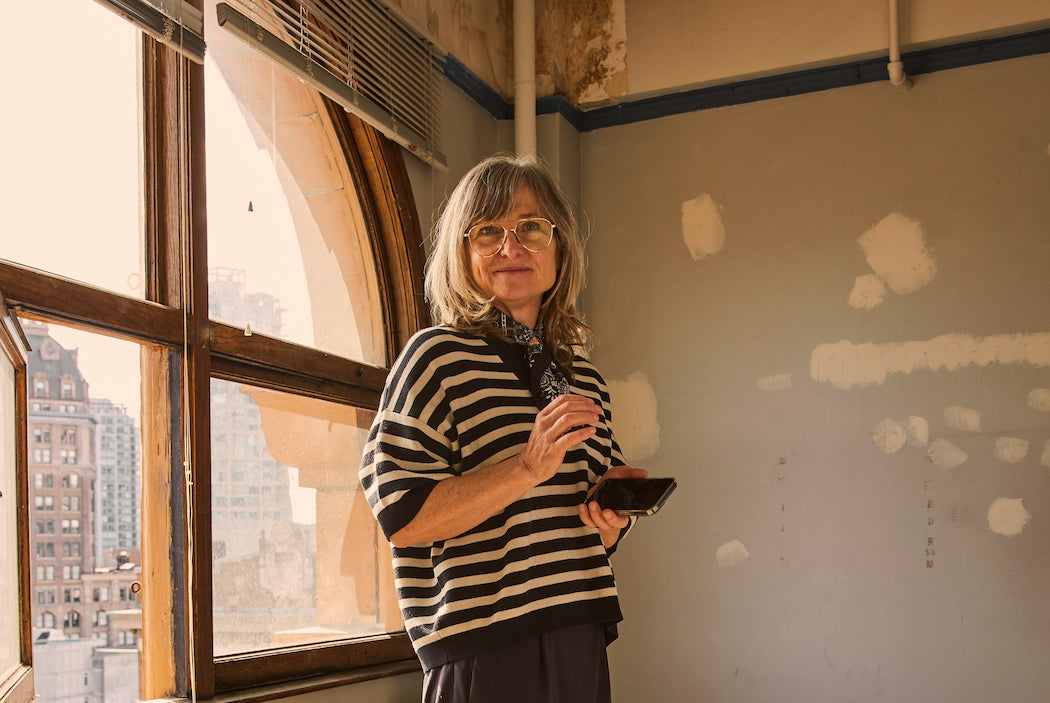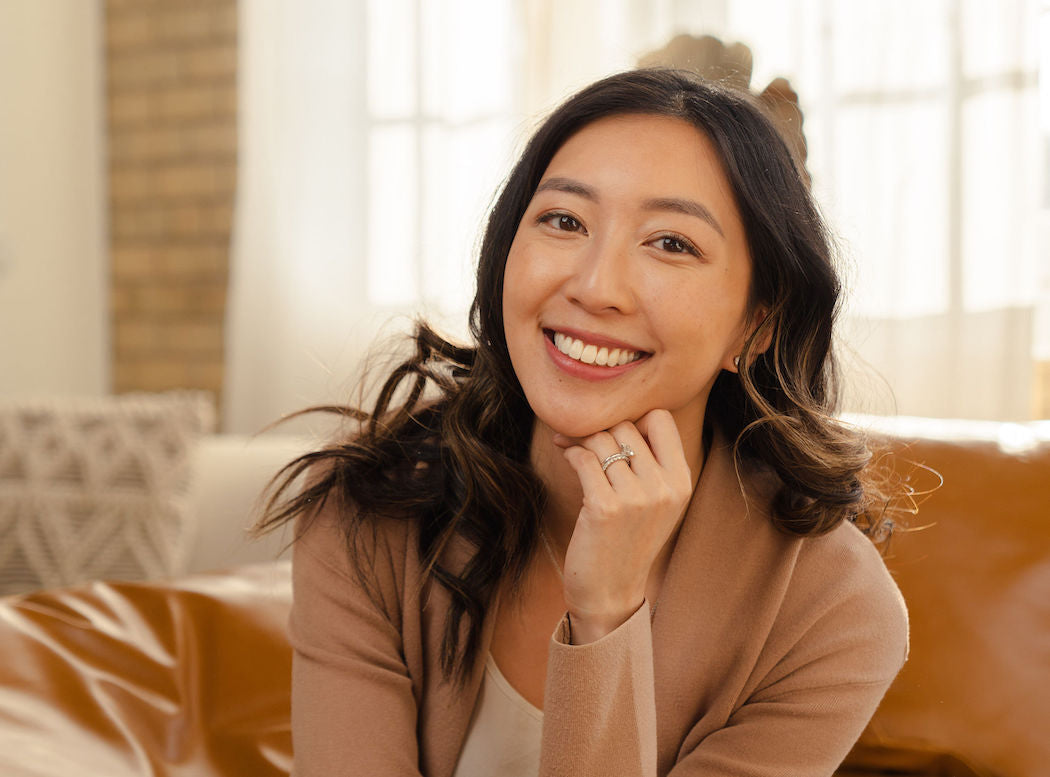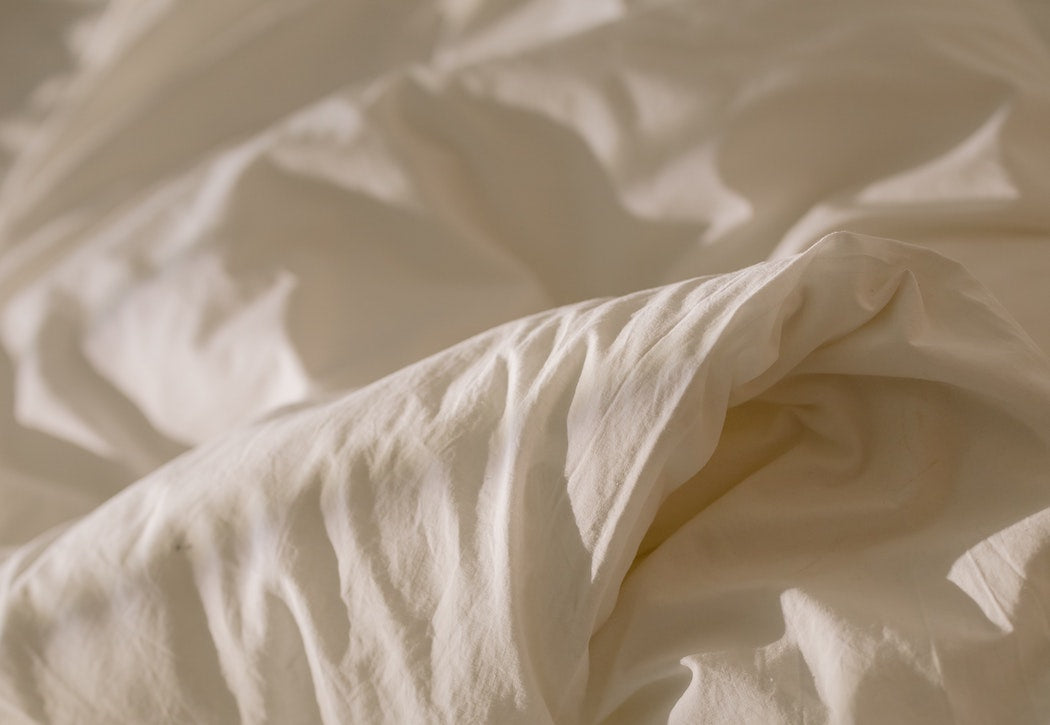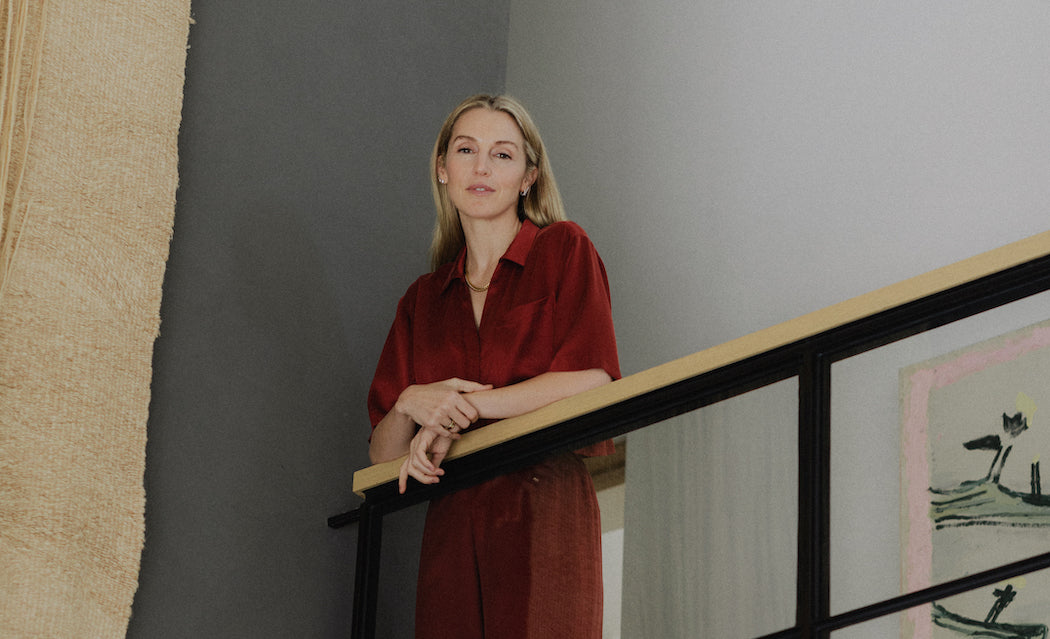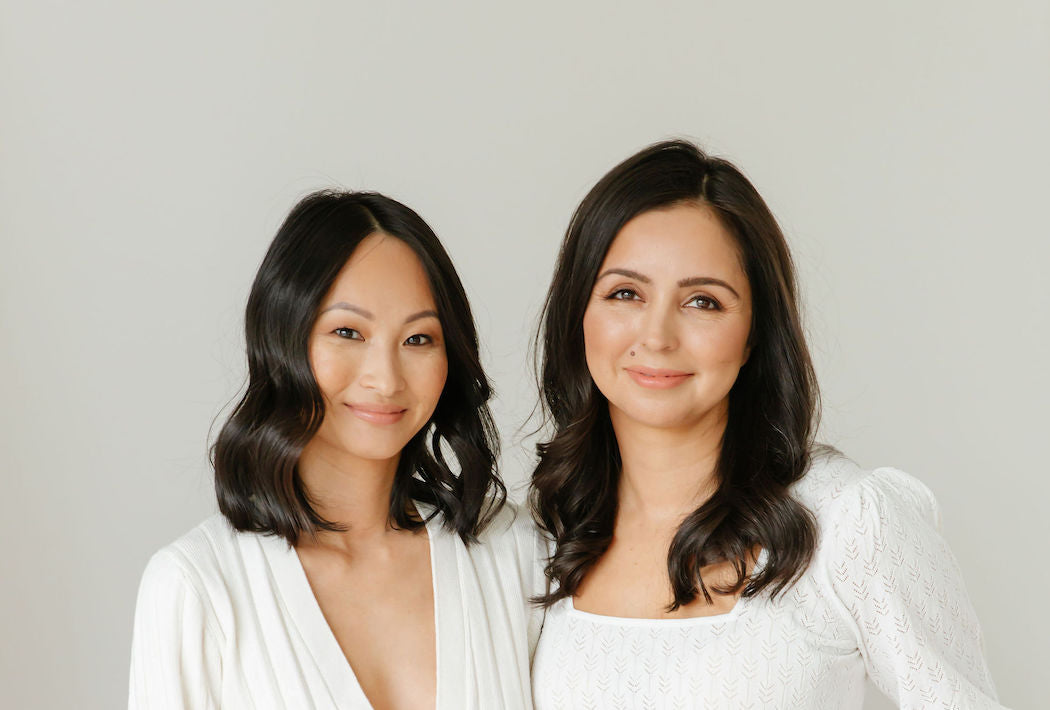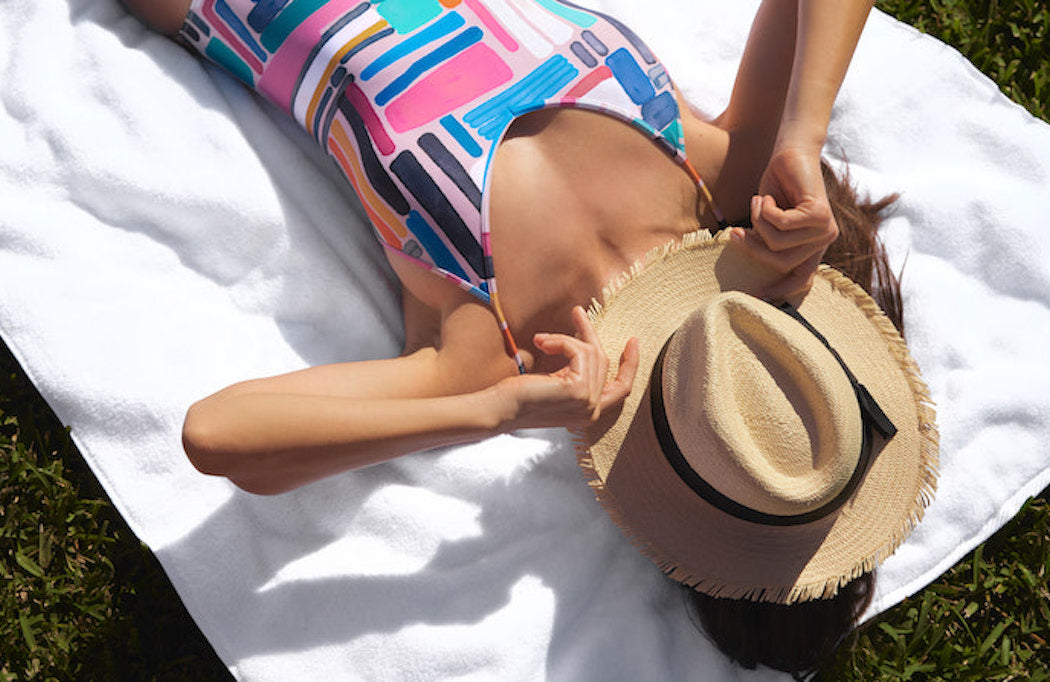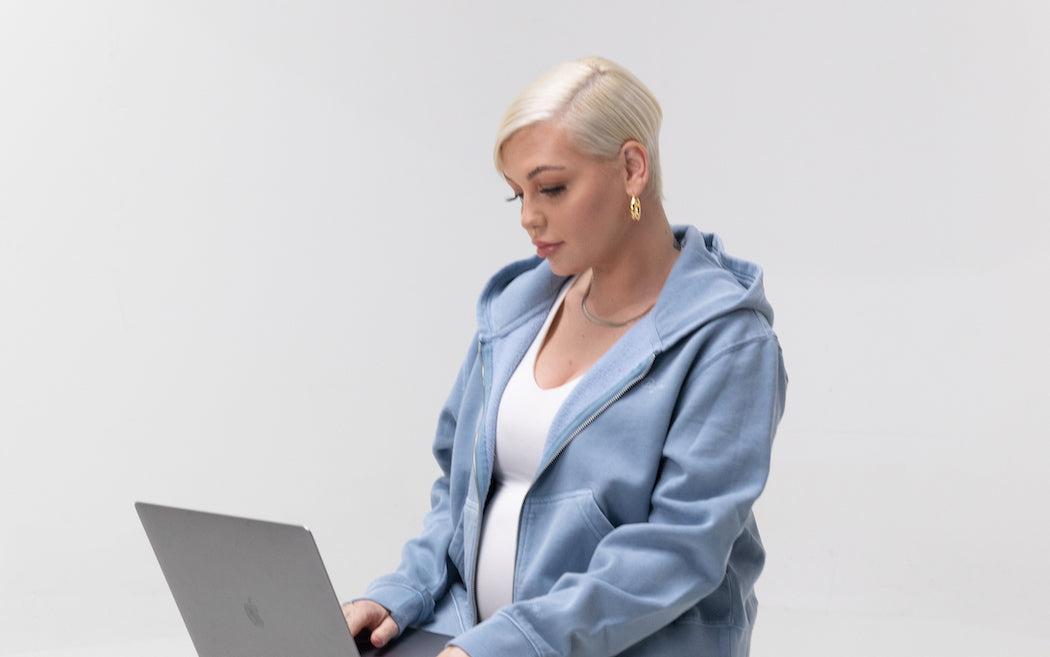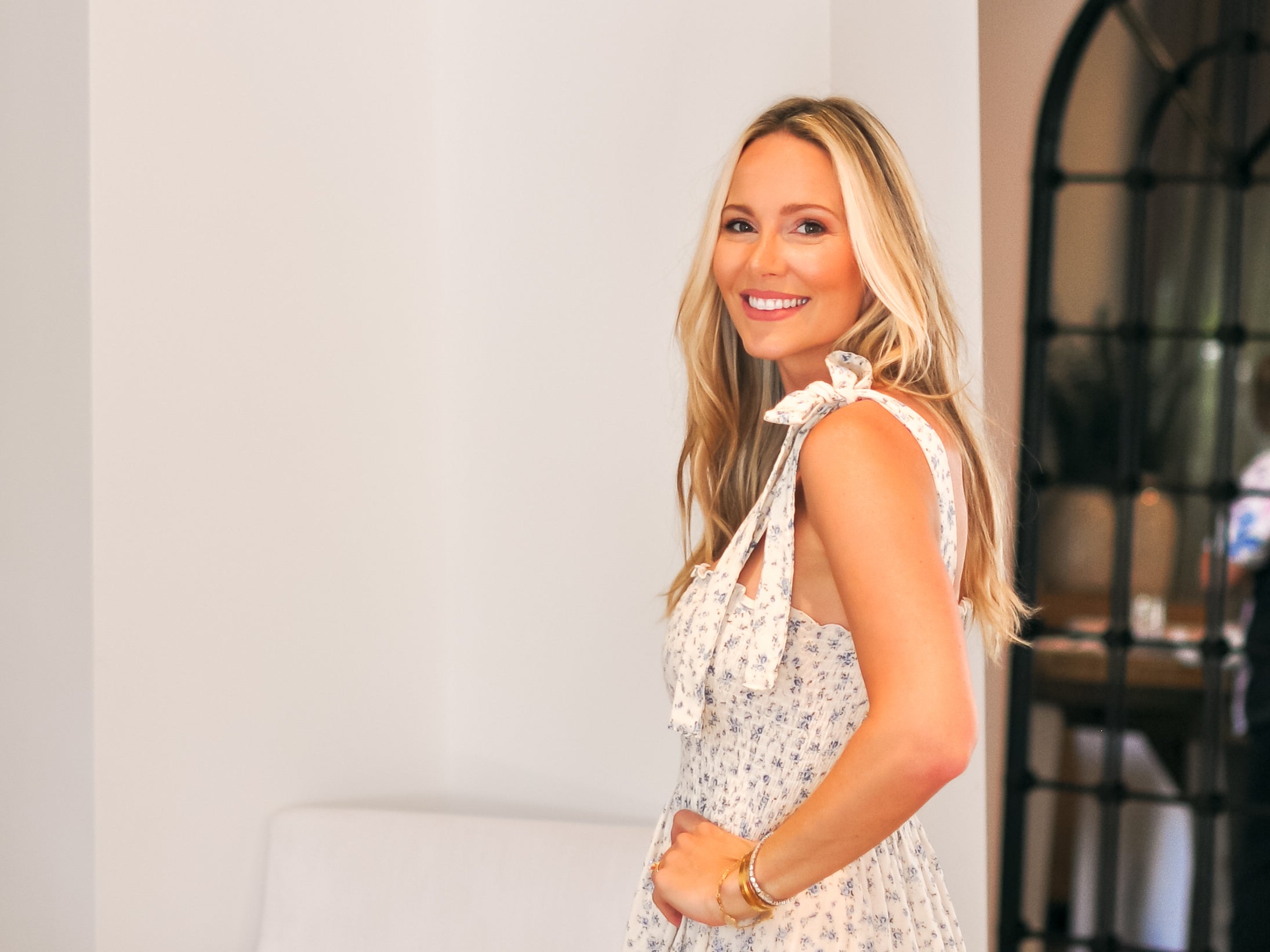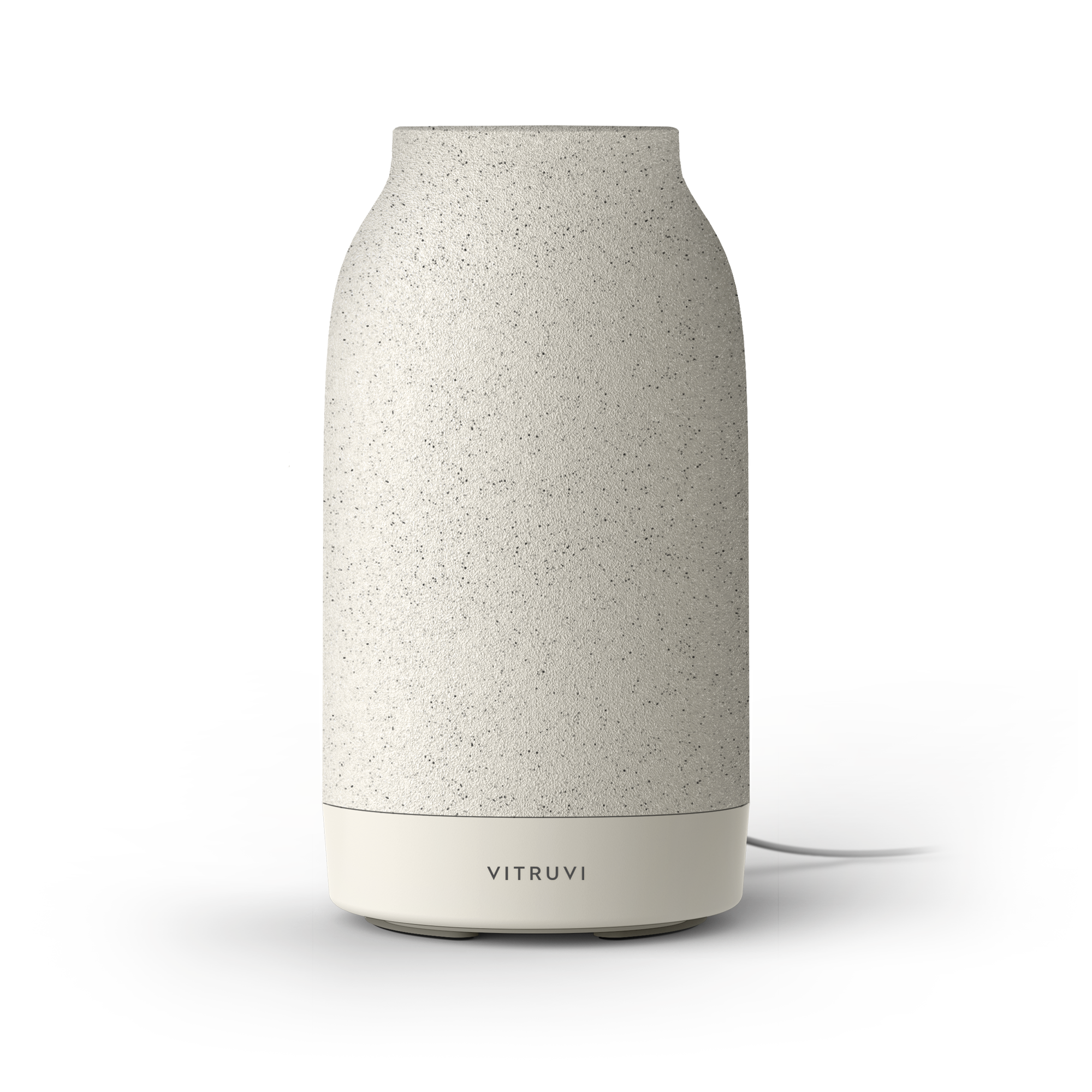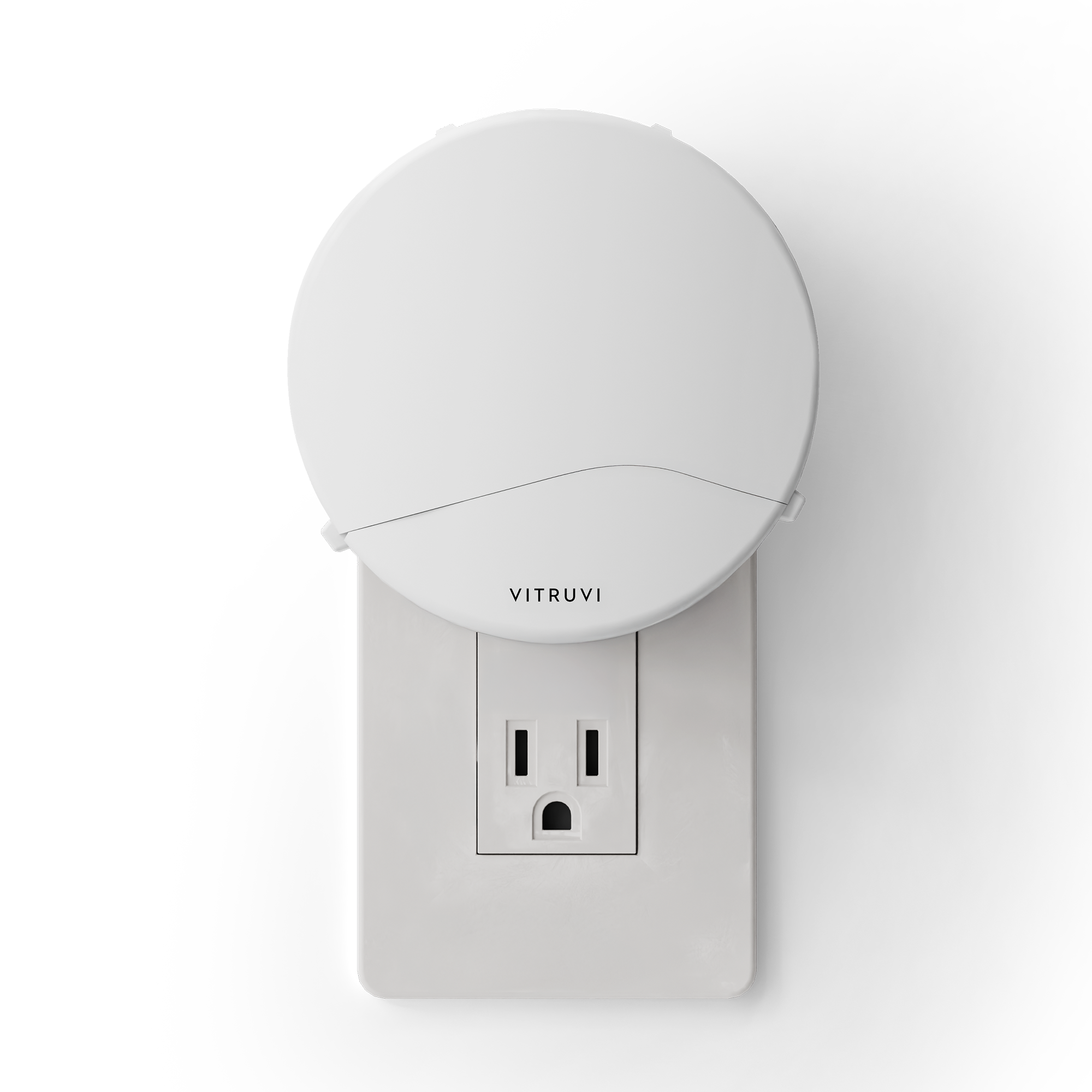A lot of origin stories start this way: founder notices gap in market and then sets out to fill said gap. But when I say that Kailey Bradt saw an opportunity for a waterless shampoo and set out to create it herself, I don’t mean that she called production plants and chemical engineers and oversaw the process. I mean that she sat in her bedroom and quite literally built it on her own.
“I actually just started formulating the product on my bedroom floor,” she recalls to me over the phone from New York. “I was like, ‘I’m going to be the one to do it.’ And so I made over 50 formulas, which was really inefficient. But I was just working with what I had at the time, which was pretty much just a lab scale and some pH strips—I didn’t even have a proper pH meter. But it was good enough.”

With a background in chemical engineering and a love of self-care and beauty, she was able to create what became Moondust Hair Wash, the first product for her brand Susteau. A fine powder that gets mixed with water right in the shower to create a soft lather, Moondust is a trailblazing product in terms of sustainability. While most shampoos and conditioners contain over 80 percent water, Moondust’s powder formulation saves not only liquid, but also other materials and energy across the production and supply process.
And while it may seem like a no-brainer idea (at least to me), it wasn’t one that was met with enthusiasm when Bradt first launched the brand six years ago. “Everyone was kind of like ‘Oh, that’s going to be really expensive,’ or, ‘You’re not going to sell that much product because it’s going to last so long,’” Bradt says. “And I was like, ‘Well, that’s kind of the point: it lasts longer, and you’re not shipping and packaging water.’”
It all began when Bradt was traveling a lot for work and was trying to avoid checking a suitcase, which meant monitoring how much liquid she was packing in her bag. It led her to realize that even products that we might think aren’t made up mostly of water actually are. “Something like a hair gel, which seems like it wouldn’t be, is 95 percent water,” she tells me. “I saw a formula for a hair mask, which feels really rich and creamy, that was 70 percent water; there were so many things that surprised me. There are those solid sticks that are clay masks, for example: water is still the first ingredient, they’re still 60 percent water. It just blew my mind. And so I really had this vision to reinvent and reimagine what personal care looks like.”

Taking the sustainability goal one step further, Susteau’s bottles are made with over 95 percent recycled plastic diverted from the ocean. Hair products will remain the focus for the next little bit, but the plan is to branch into other elements of face and body care eventually, too. It’s all certainly not the easy way out—quite the opposite. But to change an industry, you have to be willing to put in the work.
“One part of entrepreneurship that I really do try to be transparent about is: it’s not all this glorious, amazing life—you do have to work really hard,” Bradt reflects. “Like, I was still packing orders through June 30 of 2021, and I launched our first SKU in June 2019.” She also emphasizes the importance of having a good support system and of building a passionate team.
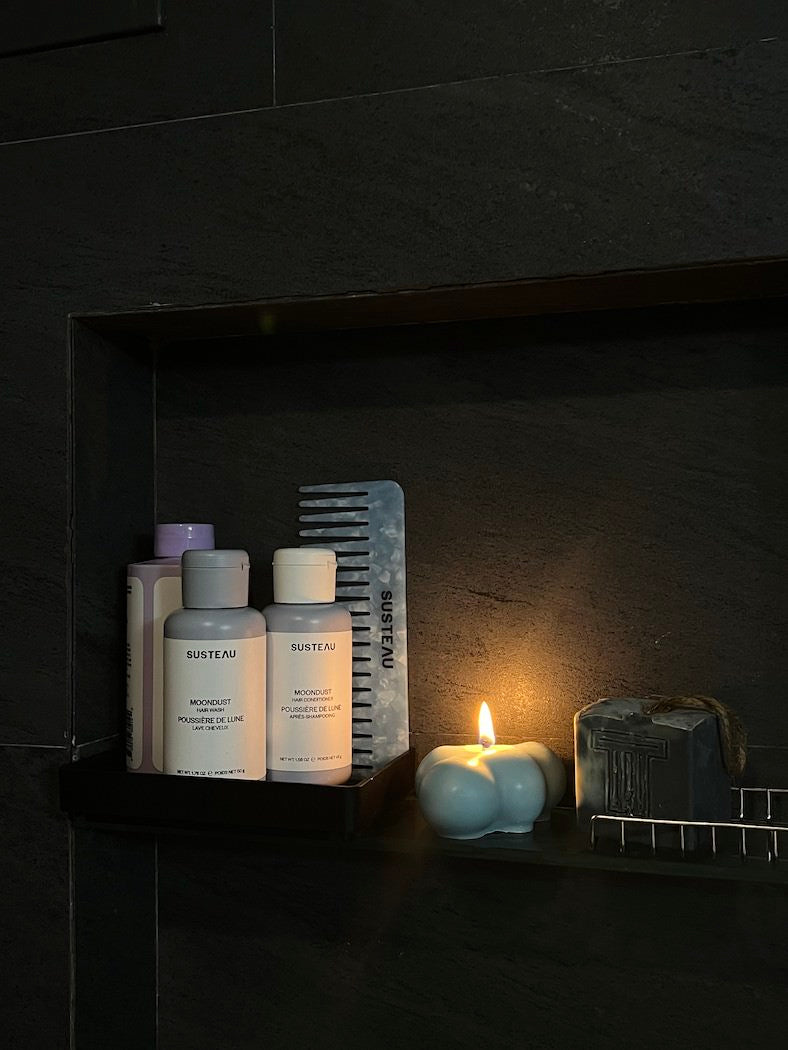
Being an entrepreneur is certainly not a nine-to-five, but everyone needs breaks; when it does come to filling her cup back up, Bradt prioritizes coffee walks with friends, tending to her houseplants, watching documentaries, and putting Eucalyptus Oil in her vitruvi Stone Diffuser. It’s the little things, really, that add up to make a big difference. Which in its essence is a founding belief of Susteau. Bradt’s products may no longer be made on her bedroom floor, but I don’t think that grassroots energy has evaporated from the brand just yet. Plant a seed. Tend to it. Watch it grow. Water as needed.


